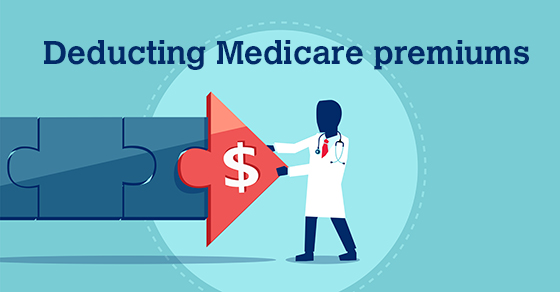
COVID-19 is changing the landscape for many schools this fall. But many children and young adults are going back, even if it’s just for online learning, and some parents will be facing tuition bills. If your child has been awarded a scholarship, that’s cause for celebration! But be aware that there may be tax implications.









